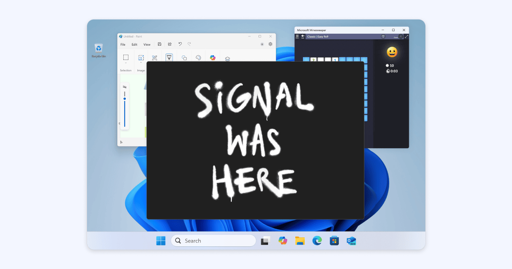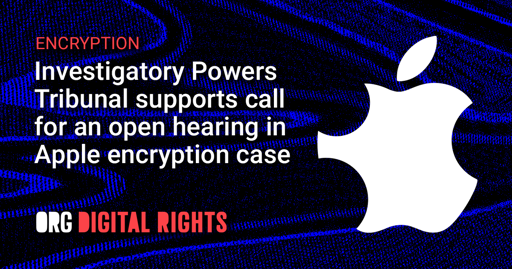

It doesn’t fit very well in this context, the idea behind “beinhalten” is that the subject “includes” the object (i.e. the object is part of the content of the subject), but the #include command in the C preprocessor isn’t about describing that kind of situation, it’s a command “I want to include one file in another”, a better verb in German for that is “einbinden”. (I realize this isn’t a very good explanation, but I’m a native speaker of German and can tell you that no one would use the verb “beinhalten” in this context.)
The previous commenter’s German teacher likely prefers “enthalten” instead of “beinhalten”, which has the same problem in this context though.














I remember when similar screenshots circulated for how to tell if i am running jdk or jre, which is even more surprising.